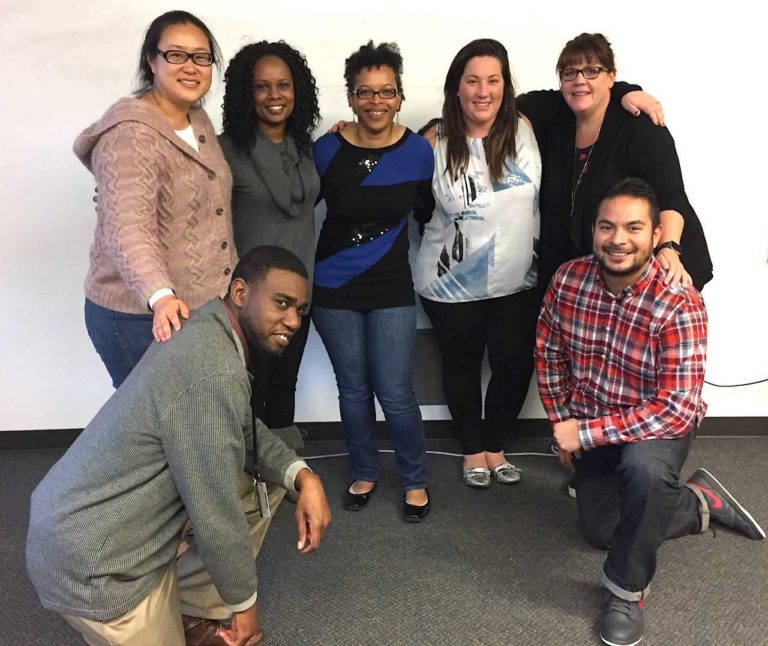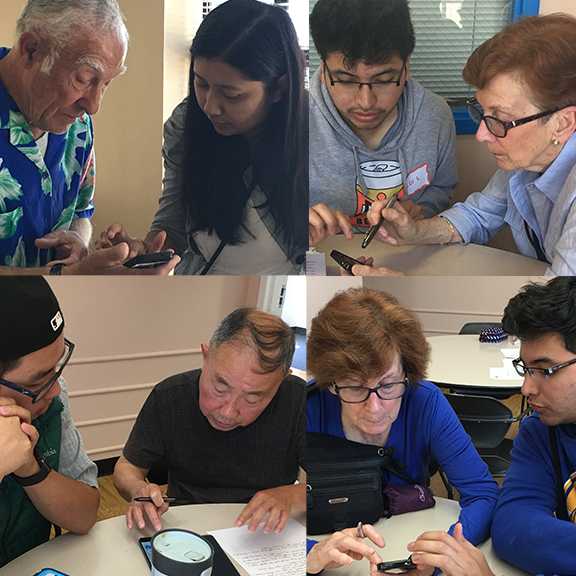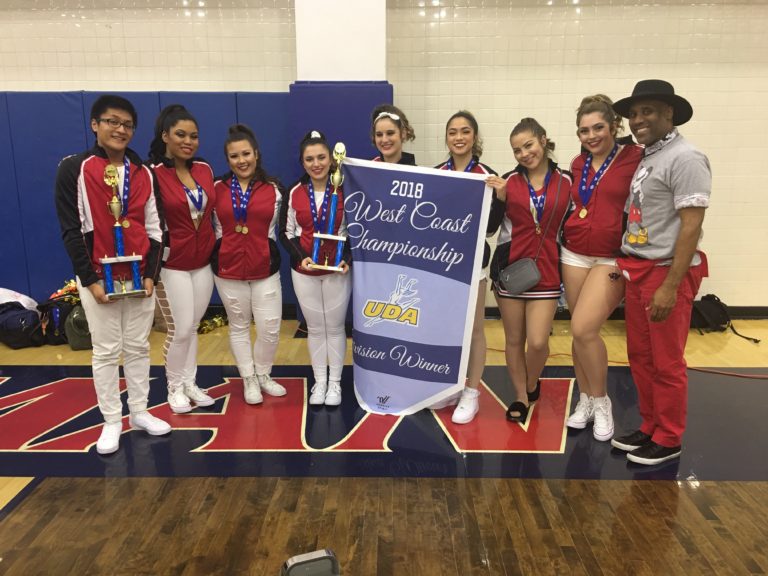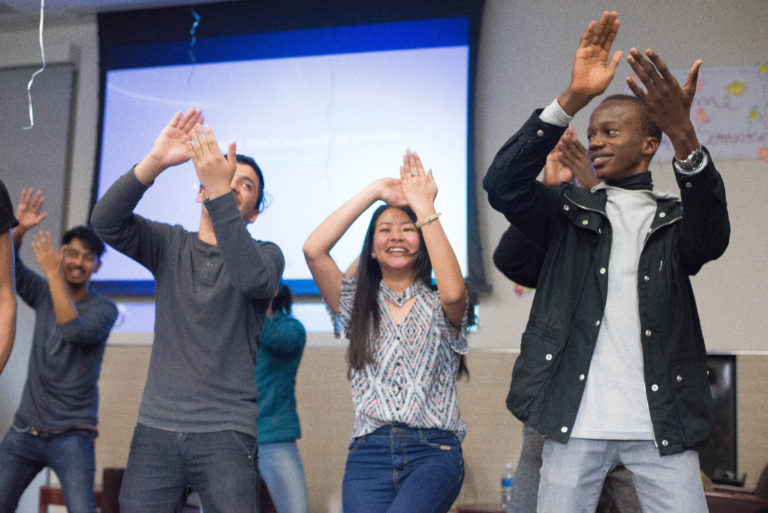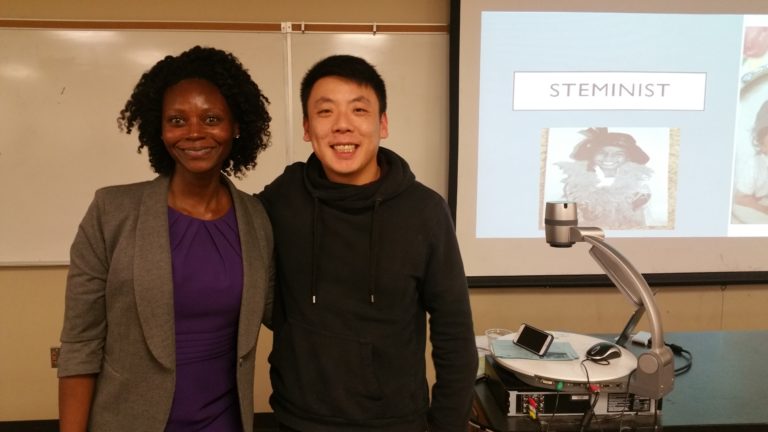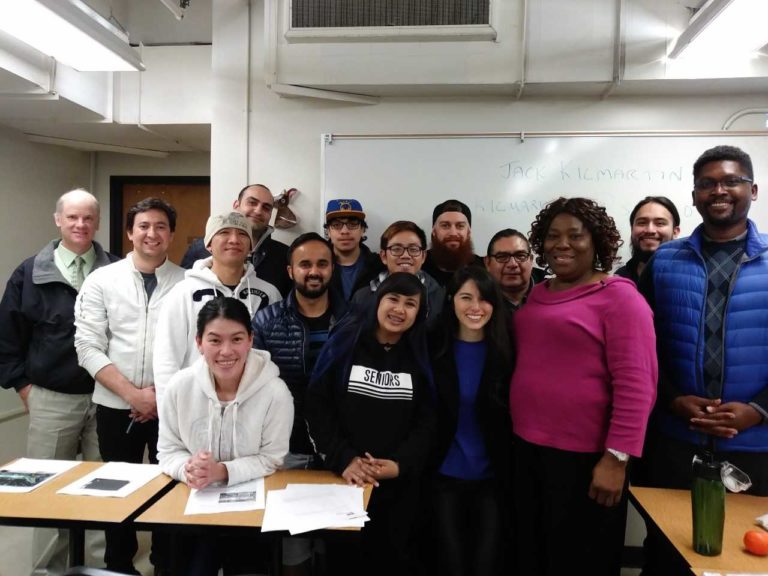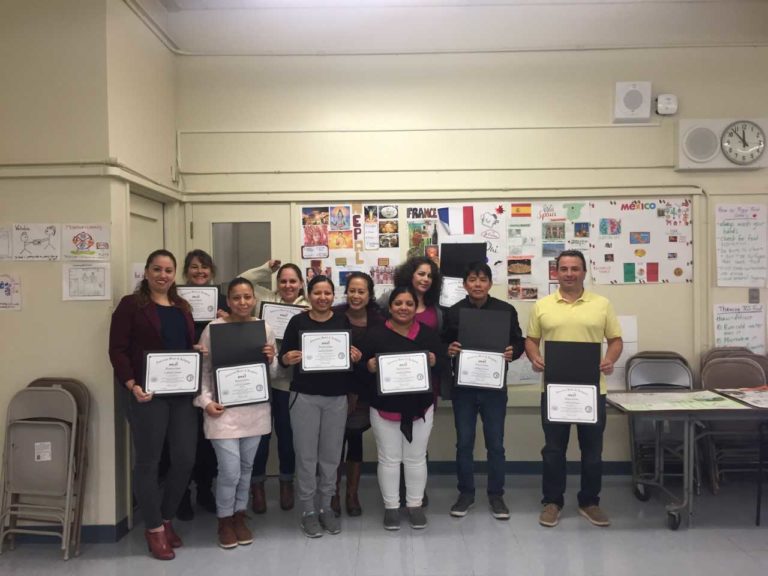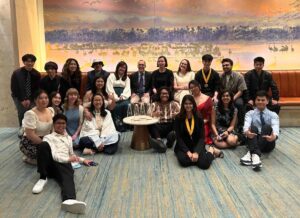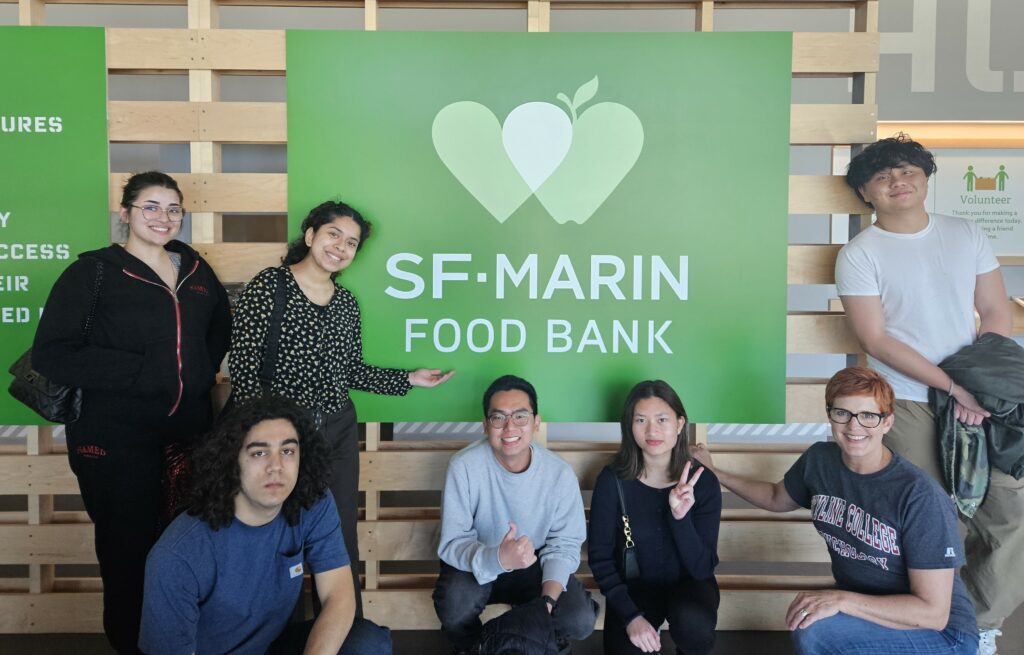Skyline College President, Dr. Regina Stanback Stroud was recently featured in Forbes magazine’s Civic...
Day: February 1, 2018
Please join the CTTL in congratulating seven recent graduates of Skyline College’s New Faculty...
Beta Theta Omicron, the Skyline College chapter of the Phi Theta Kappa honor society,...
Our very own Competitive Hip Hop and Pom Dance teams have once again won...
On January 26, the Division of Student Equity and Support Programs (SESP), hosted an...
Skyline College received close to $150,000 from the Zero Textbook Cost Degree – Implementation...
The Skyline College International Student Program held the International Student Welcome in the Multicultural...
The Skyline College Biotechnology Manufacturing group, the Skyline College Science and Research club, and...
On January 16, 2018, Skyline College welcomed its first cohort of Global Trade and...
On December 14, twenty-two students in the Hospitality and Tourism Management Adult School Bridge...

